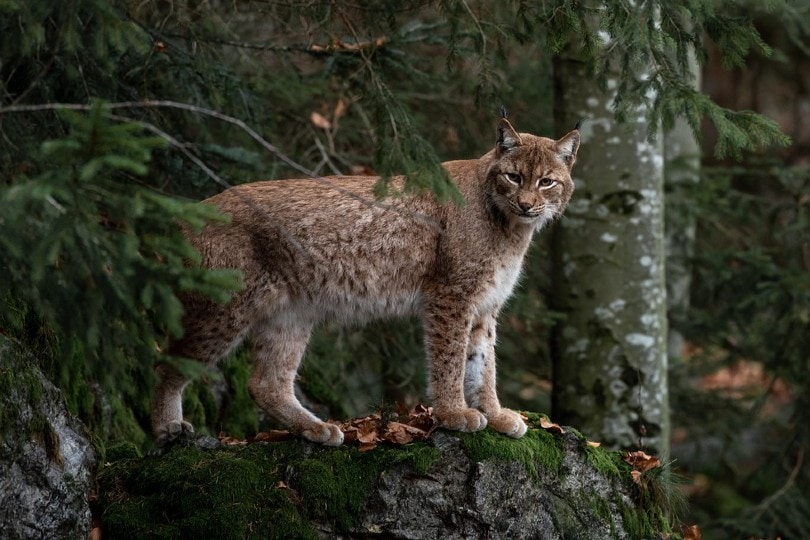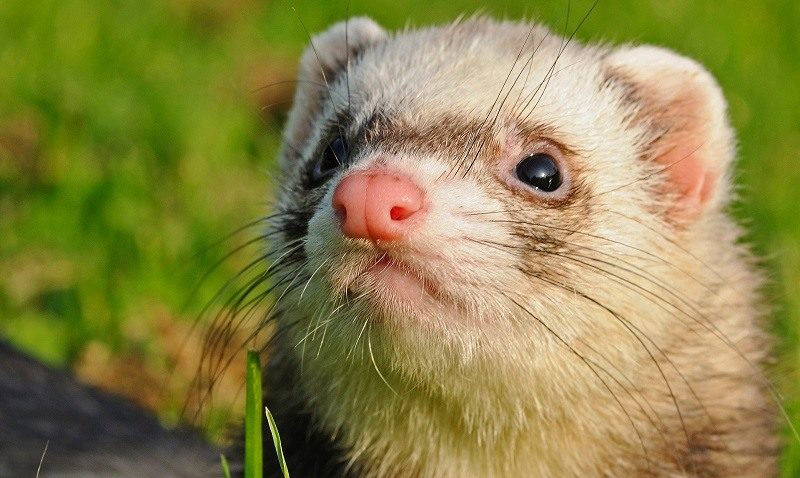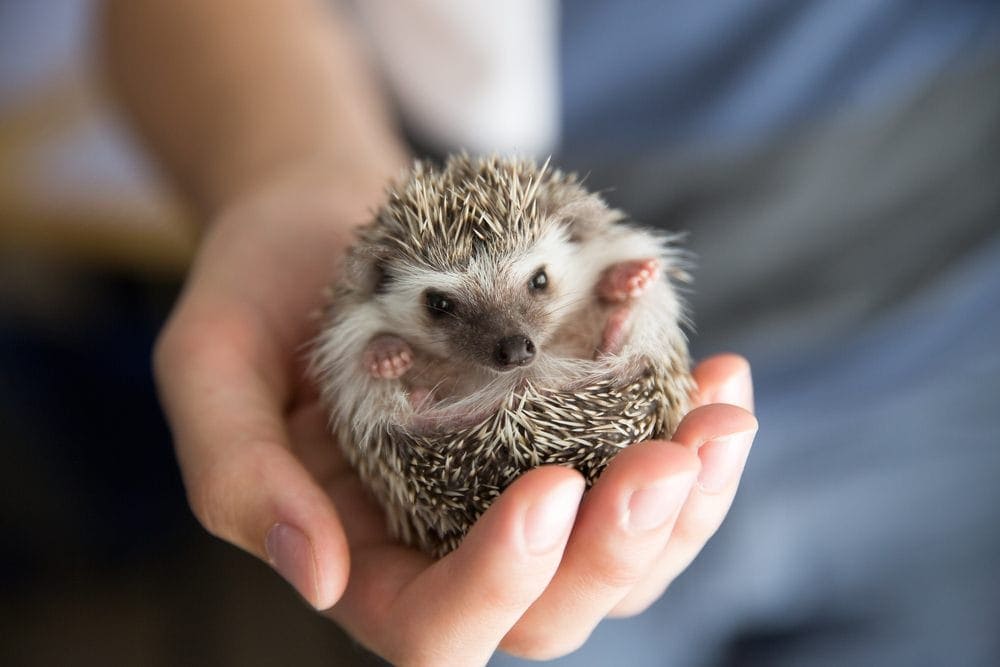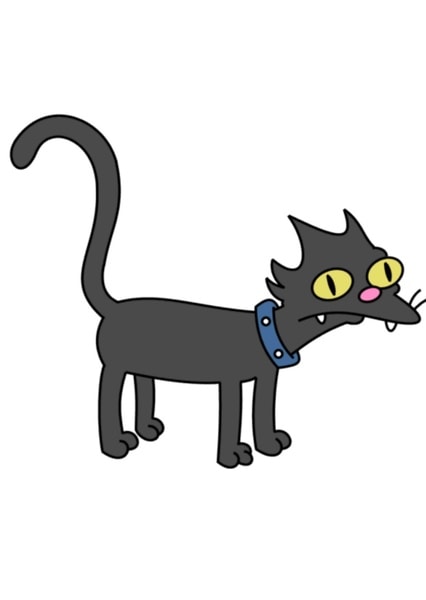VET APPROVED

The information is current and up-to-date in accordance with the latest veterinarian research.
Learn more »Click to Skip Ahead
Although it can be hazardous and unhealthy for the animals, several people own unusual, exotic pets. Whether it’s because they’re bored with owning domesticated pets, or they’re looking for social media clout and attention, some turn to exotic animal breeders for pets. This has led to an uptick in people acquiring wild animals that shouldn’t be pets in the first place and aren’t legal to own in many areas.
Thanks to the rise of social media, our daily lives are becoming inundated with cute videos of unusual pets living their best lives. You may have seen a video of a bobcat making “biscuits” on a pillow. It’s an adorable video that certainly catches your attention, but is it a good idea to keep a bobcat as a pet? The answer is no, bobcats don’t make good pets. Keep reading to find out why.
- Disclaimer: PangoVet does not endorse the practice of keeping bobcats or other wild animals as pets. This article is for informative purposes only.

Do Bobcats Make Good Pets?
Some people argue that bobcats can make great pets for the right home, but when it comes down to it, they are wild animals. Bobcats are not domestic cats, and being kept as domestic pets can create a stressful and dangerous environment. Many of the videos of wild animals doing cute things have animals in the care of rehabs and rescues. The facilities often take in wild animals that were inappropriately kept as pets, lose their ability to survive in the wild, and can’t be set free into the wild.
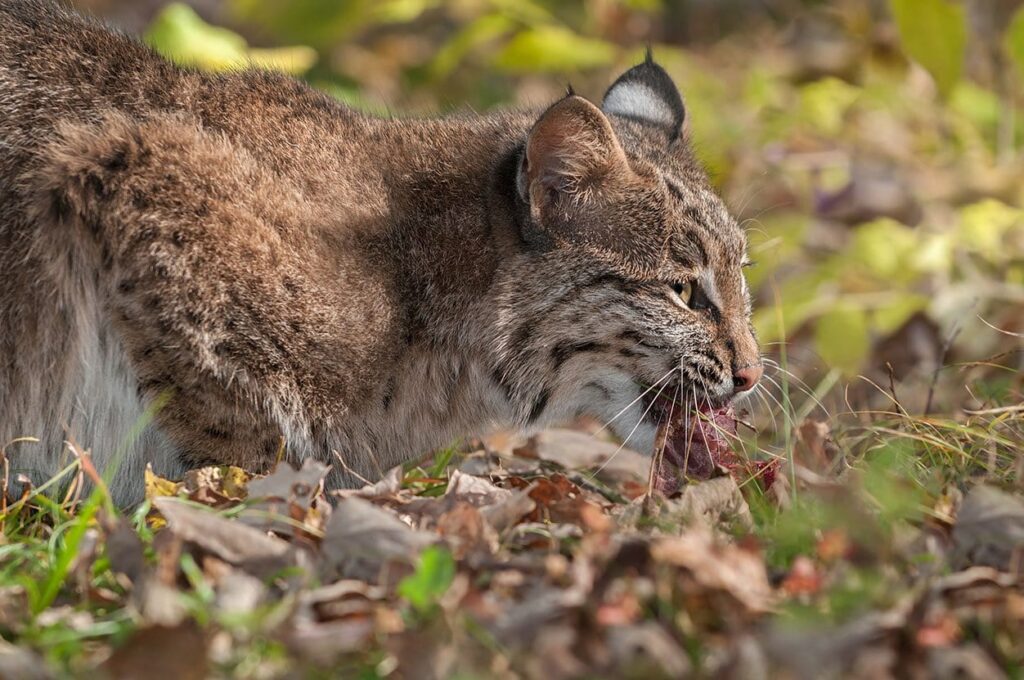
Wild Animals Don’t Belong in a Home
While bobcats may be affectionate, interesting pets when hand-raised from a very young age, they are still wild animals. Think of all your interactions with domestic pets that would go a lot differently if a wild animal were involved. When you walk through the house and accidentally kick your cat, they usually run away. If you catch your dog eating your dinner, they sulk out of the room as you scold them.
However, even the tamest wild animal will respond differently. If you accidentally bump into your pet bobcat, you might become the subject of a vicious attack. If you try to pull your pet bobcat away from a plate of food, you might suddenly be face to face with a wild animal that feels like it needs to protect that precious resource.
Cats and dogs have been domesticated for thousands of years, and selective breeding has been at play to develop the pets we know and love today. If you get a wild animal that is a second or third-generation domesticated animal or a wild-caught animal, you still have a wild animal. Unlike hybrid cats like the Savannah, bobcats don’t have domestic cat genes, and even if their parents and grandparents were raised by humans, they’re unpredictable and unsuitable as family pets.
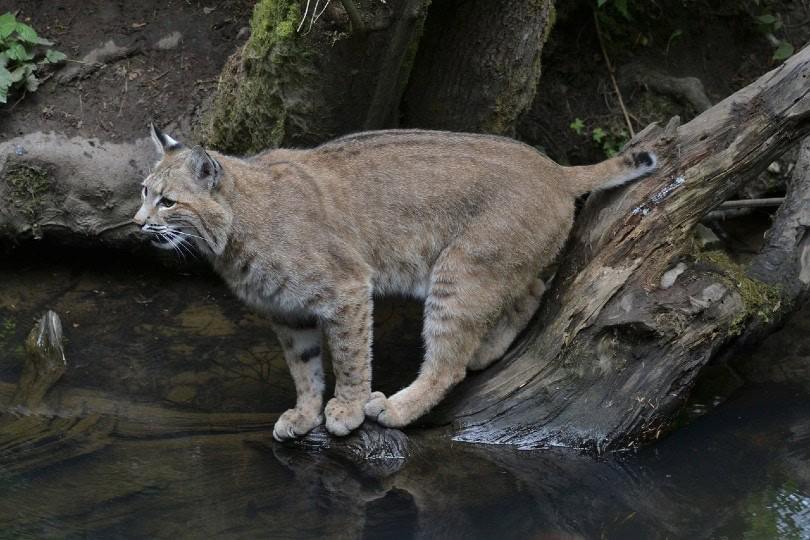
Major Safety Concerns
Bobcat attacks are rare, but their sharp claws and teeth are capable of wounding and killing humans. Children, in particular, are more likely to interact with bobcats inappropriately, especially if they aren’t supervised by adults or taught to keep their distance. This can lead to children being hurt or maimed by docile domestic animals. Imagine what a wild animal could do to a child; this is a 30- 40-pound feline!
Is It Legal to Keep a Bobcat as a Pet?
Some states allow for the ownership of wild animals, like bobcats. Others allow exotic pets to be kept outside of city limits or only allow for wild animal ownership with permits and licenses. Some states, such as Connecticut and Illinois, have banned the ownership of bobcats outside of rescue and rehab facilities and licensed zoos. Although it is risky to keep a bobcat as a pet, if you are attempting to do so, it’s vital that you check your state laws. If you end up illegally owning an animal like a bobcat, you can be subject to high fines and jail time if caught, and your bobcat may be rehomed or euthanized.


Conclusion
When it comes to bobcats, they are best left in the wild. They may seem cute and cuddly, but their wild nature and instincts can cause them to turn on a dime, even with the most gentle owners. Bobcats should be treated with respect and given space. In the wild, they avoid humans; you’re unlikely to see one unless you’re experienced with spotting crepuscular felines. Confining bobcats to domestic life can lead to unnecessary stress for the animals and danger for you. Keeping a bobcat as a pet is setting the animal up to fail, and you could be in a bad situation where someone is hurt or killed by the wild animal you chose to keep as a pet.
Featured Image Credit: Eszter Miller, Pixabay
